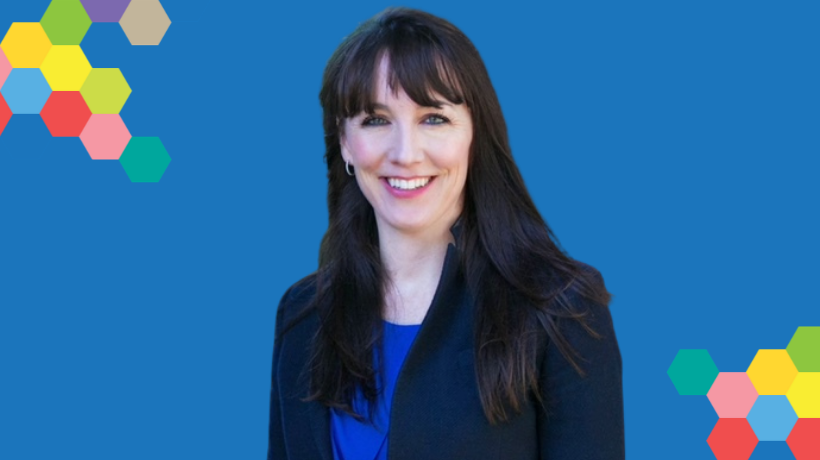Cardio-oncology network to be created nationally

With childhood cancer survival rates having improved dramatically in recent decades, focus is now turning towards minimising long-term side effects of treatments. In an exciting development, a national network of cardio-oncology hubs is set to be created to further investigate the link between cancer treatments and heart damage.
The project will be led Associate Professor Rachel Conyers, a paediatric oncologist researching the potential for some chemotherapy drugs to switch off, and ultimately kill, heart cells.
“We have secured $1,000,000 to open three national cardio-oncology clinics to help not only paediatric cancer survivors, but adults as well,” Dr Conyers told The Kids’ Cancer Project.
Read more: Understanding the genetic basis of chemotherapy-induced cardiomyopathy
The funding was secured by the Murdoch Children’s Research Institute (MCRI) and awarded under a joint initiative by the Heart Foundation and the Federal Government. It was one of eight projects to share in $8,000,000 worth of grants, after an extensive survey highlighted the need for additional support surrounding the impact of cancer treatments on cardiovascular health.
The cardio-oncology network builds on Dr Conyer’s work with Dr David Elliot, which The Kids’ Cancer Project has been supporting for several years. The pair recently founded the Australian Cardio Oncology Registry and Biobank (ACOR). Through this, their research has undertaken genomic sequencing in children whose chemotherapy has resulted in life-threatening impairment of heart functions.
The team has determined genetic markers that predispose some children to irreversible, and sometimes fatal, chemotherapy-induced heart damage.
“These multidisciplinary clinics will provide clinical care to cancer patients while enrolling them on the ACOR studies that The Kids' Cancer Project has been funding since 2018! ” - Associate Professor Rachel Conyers
Dr Conyers is excited for the new national network, which could be open as early as December 2021.
“This has been a labour of love for Associate Professor David Elliot and myself since 2012 and it is just so fabulous, a decade later, to be poised to have impact on cardiovascular outcomes for children diagnosed with cancer on a national scale.”
“All this would not have been possible without The Kids’ Cancer Project and its donors. We were able to leverage the funding provided by The Kids’ Cancer Project to now create the infrastructure on the ground to make both improved patient care with an integrated research program.”
“All this would not have been possible without The Kids’ Cancer Project and its donors.” - Associate Professor Rachel Conyers

